The rise of Rawabi – Palestine's first planned city
Critics argue that Rawabi resembles the layout of an Israeli settlement in the West Bank
A free daily email with the biggest news stories of the day – and the best features from TheWeek.com
You are now subscribed
Your newsletter sign-up was successful
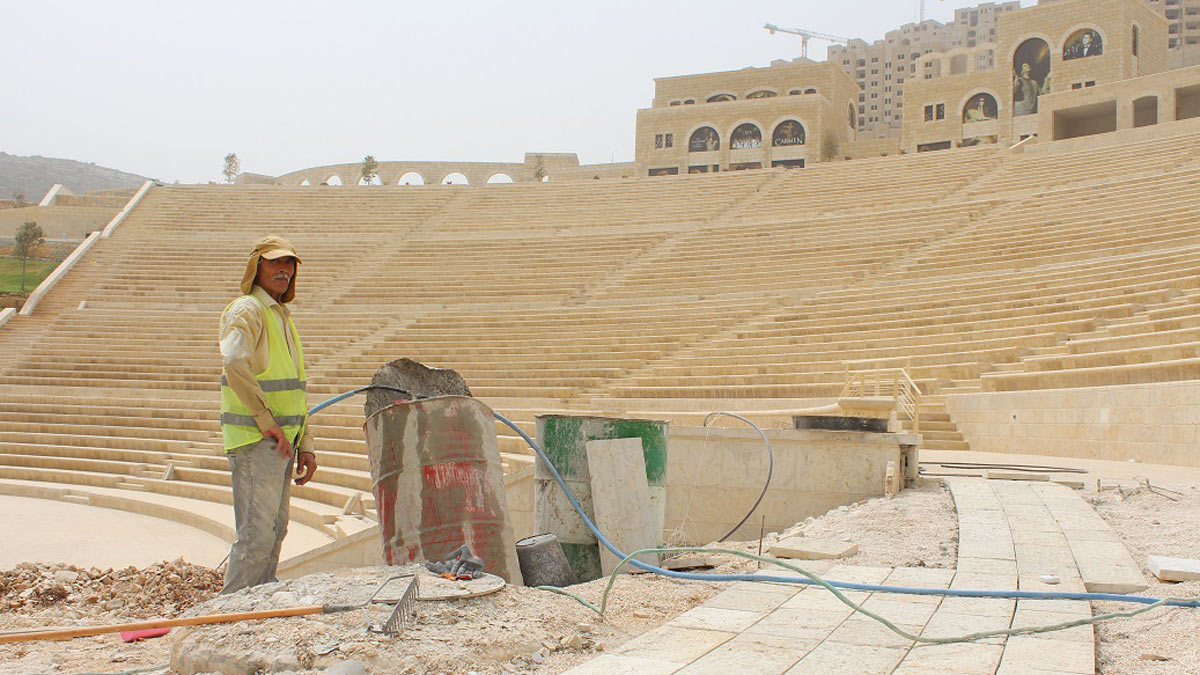
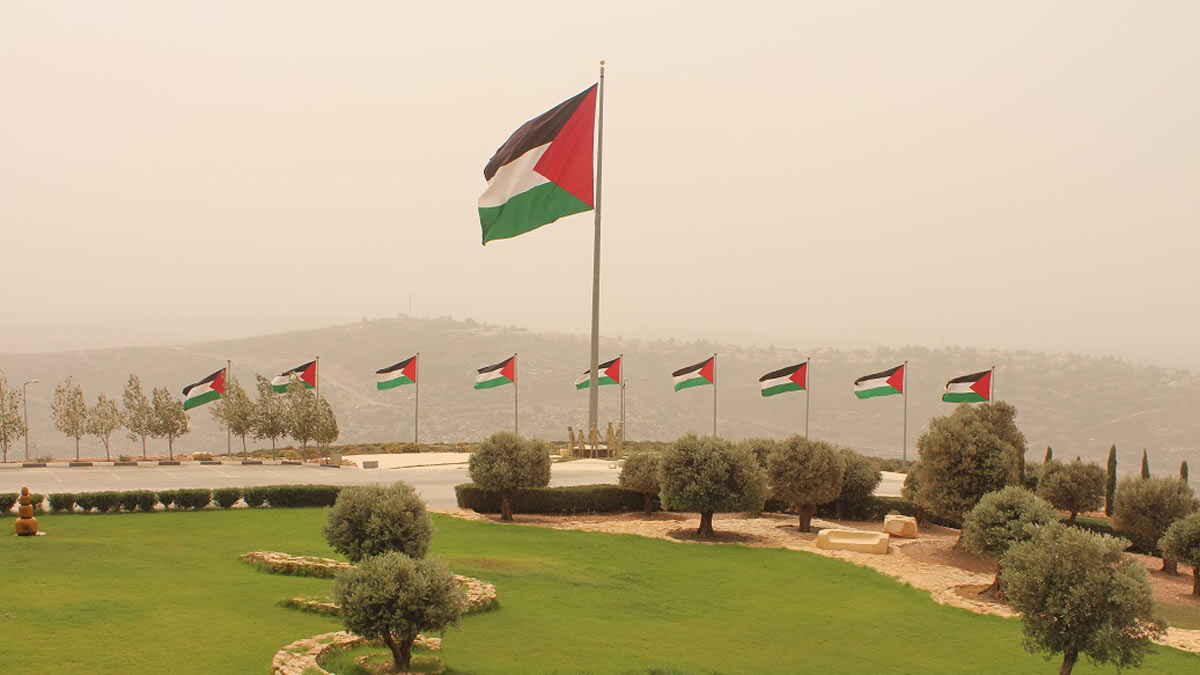
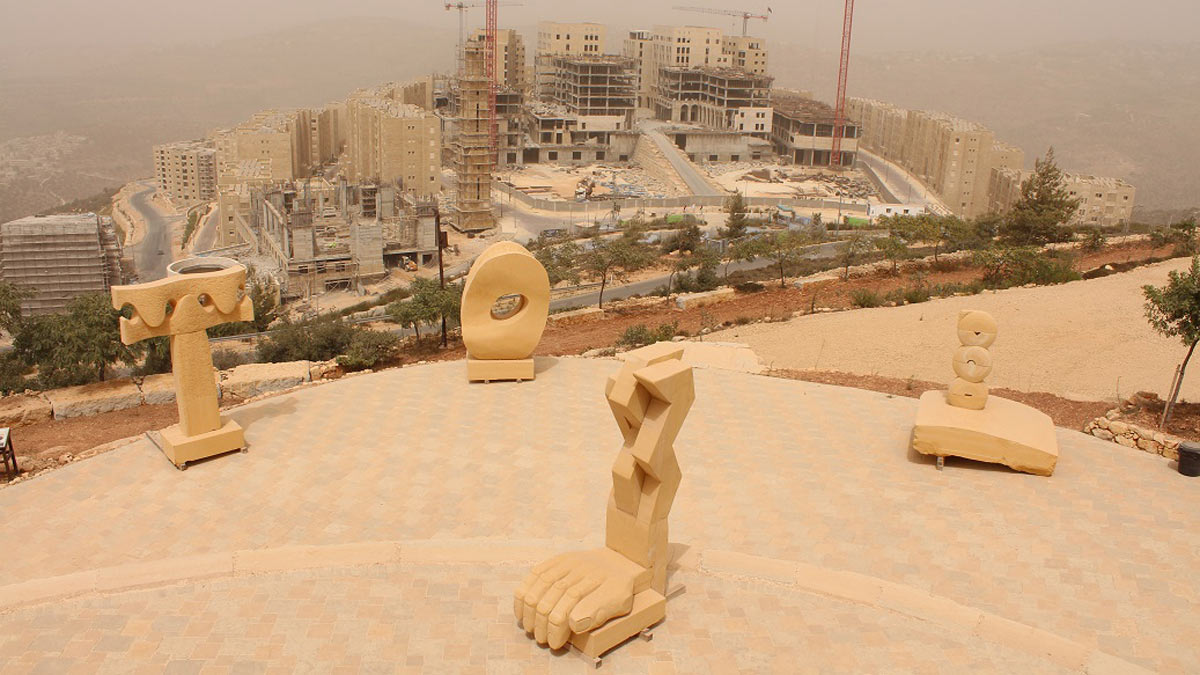
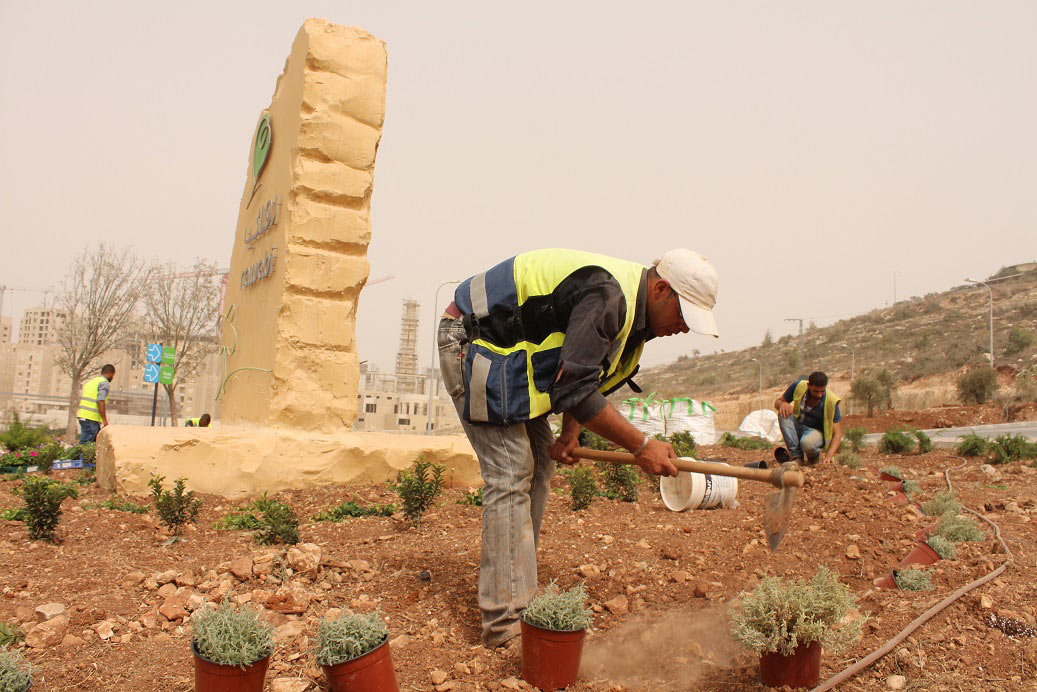
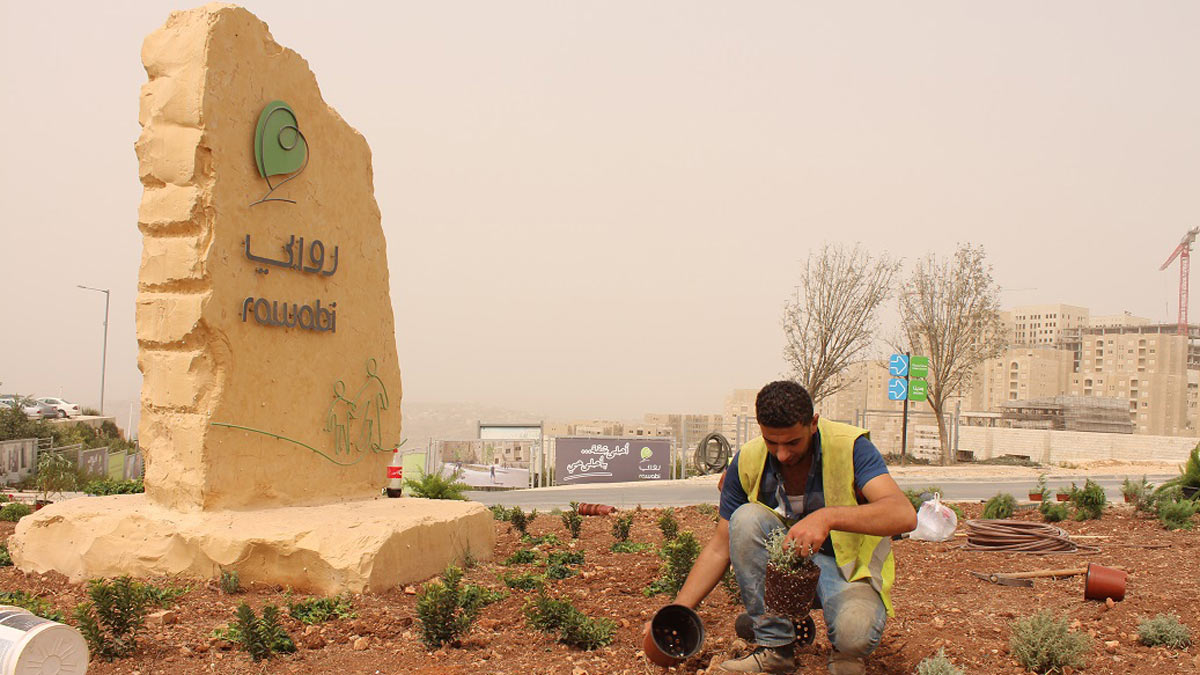
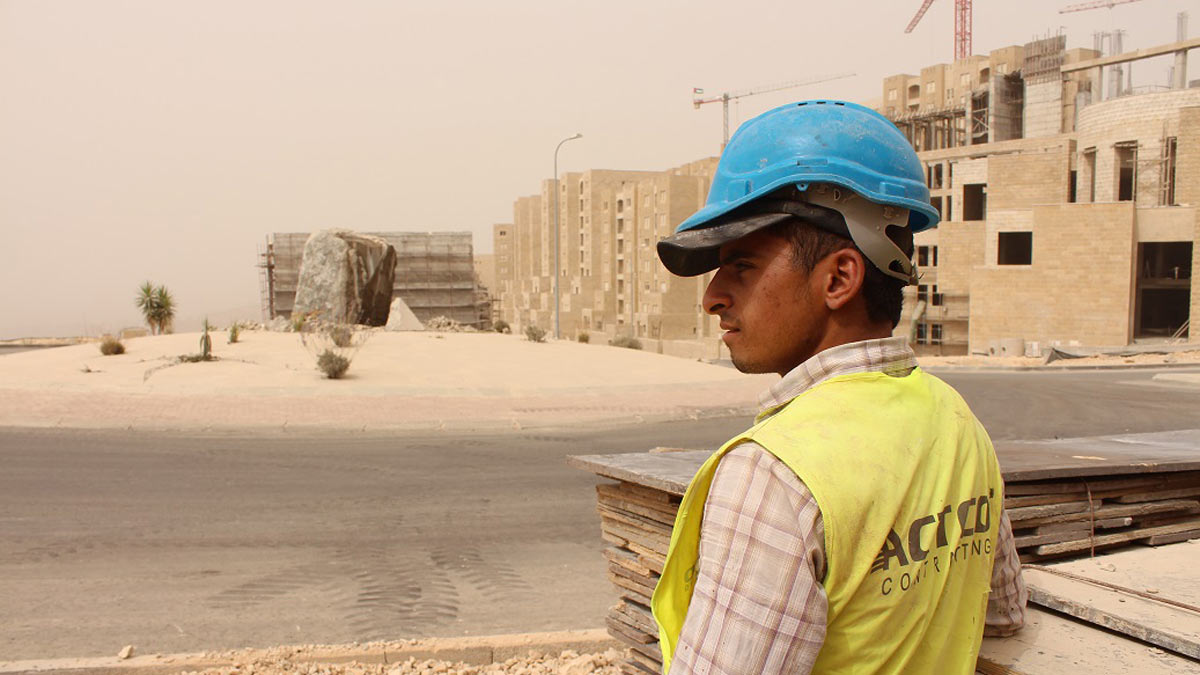
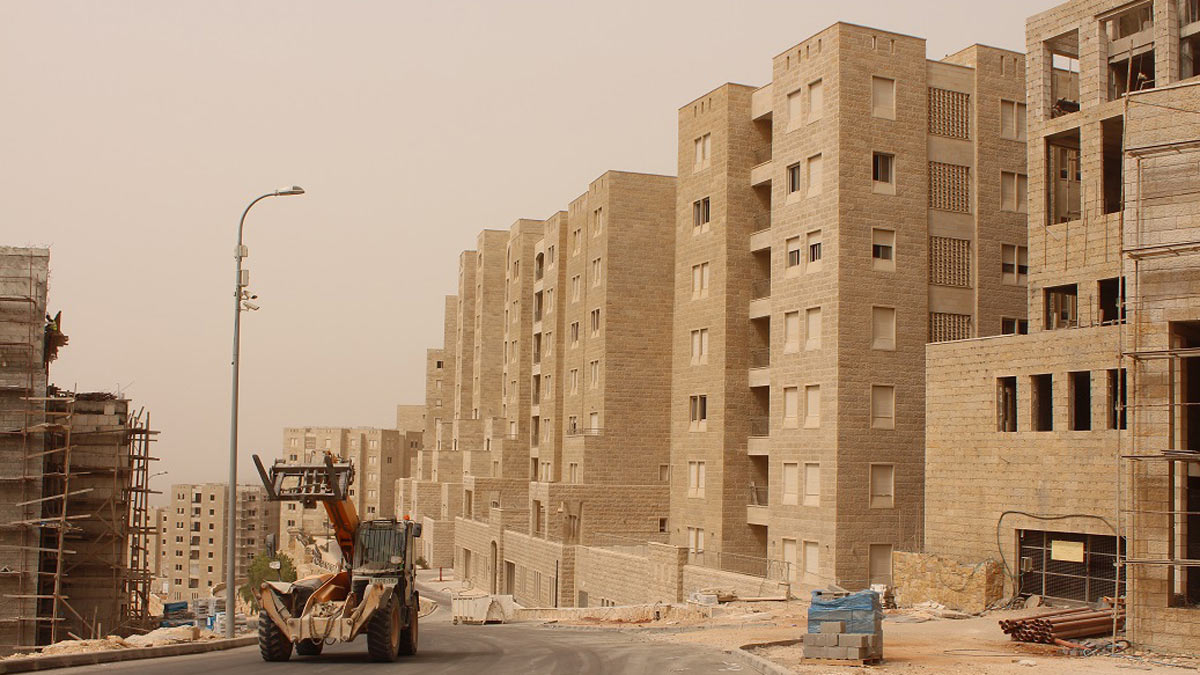
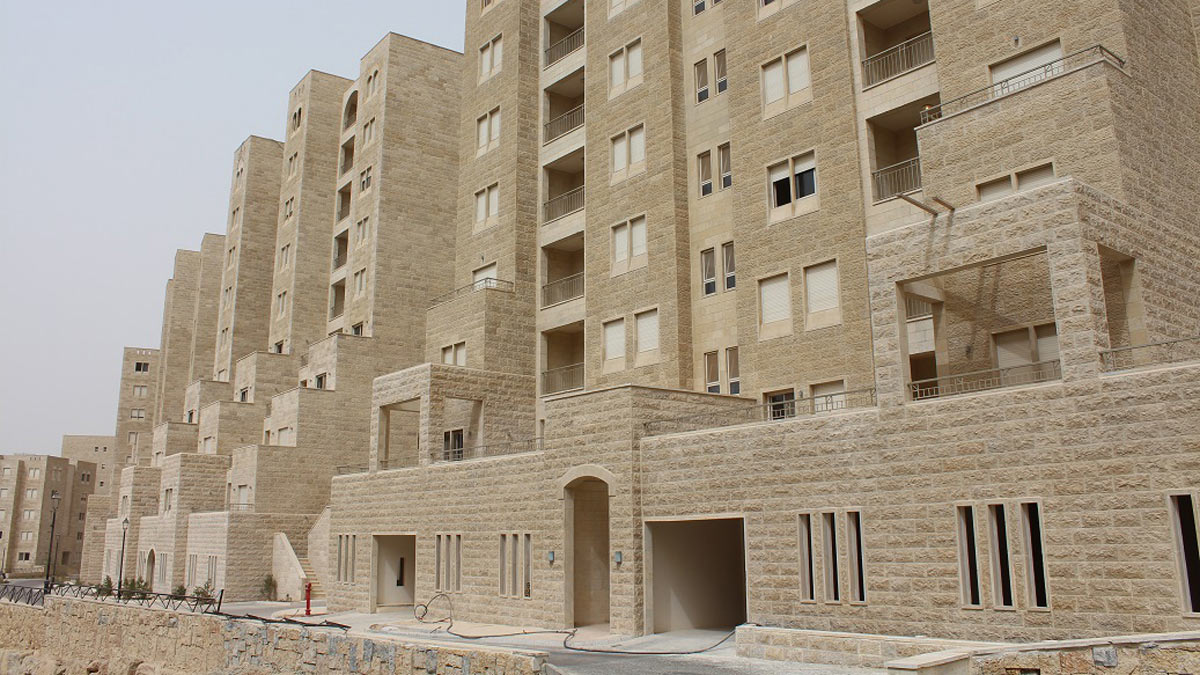
By Nigel Wilson
On the highest hill in Rawabi, Palestine's first planned city, a giant Palestinian flag dances in the dusty wind.
"It's the biggest flag in Palestine," says Jack Nassar, Rawabi's chief spokesperson. "Last summer, Israeli settlers sneaked in at night. They cut the rope and stole the big flag.
The Week
Escape your echo chamber. Get the facts behind the news, plus analysis from multiple perspectives.

Sign up for The Week's Free Newsletters
From our morning news briefing to a weekly Good News Newsletter, get the best of The Week delivered directly to your inbox.
From our morning news briefing to a weekly Good News Newsletter, get the best of The Week delivered directly to your inbox.
"So now we raise it differently. It's remote controlled," he says, with a satisfied smile.
Rawabi – Arabic for "hills" – sits on top of one in the occupied West Bank. The new city overlooks olive terraces, a limestone quarry, Palestinian towns and Israeli settlements.
Since late August, Palestinians have begun moving in to their new homes here, the first residents of a city designed to host 40,000 people, when all 23 neighbourhoods are eventually finished, at an estimated cost of $1.2bn.
So far, around a dozen families have moved into apartments in the first two completed neighbourhoods. The population is expected to reach around 2,000 by the end of this year.
A free daily email with the biggest news stories of the day – and the best features from TheWeek.com
Zyad Amer, 41, expects to move into his new home here with his wife and their six children in the next two months, once the interior design is complete.
"If it was up to my family, we would have already moved in," he told The Week. "They can't wait to move here."
"The first time I came here three years ago I signed a contract," he said. "[Our new home is] away from the cities, the stress, the noise and the traffic. And there are lots of green spaces for the kids. Personally, I think the views are beautiful."
Upon completion, Rawabi will include a commercial town centre with businesses and retail outlets alongside restaurants and cafes. A mosque remains under construction, while a church is also planned. Away from the centre, an open air Roman amphitheatre is almost completed, while plans for a football stadium are underway nearby.
Since the start of this month, the city has been serviced by shared taxis, which make the 20 minute journey to the de-facto Palestinian capital Ramallah every 45 minutes. Unlike other Palestinian towns and cities, the subsidised taxis run on a schedule and do not wait to fill up.
Ninety per cent of Rawabi is located in Area A, under full control of the Palestinian Authority, although the sole, narrow access road to the city runs through Area C, where Israel controls security and administrative affairs.
"It took us around four years to get approval from the Israeli Civil Administration to pave the road," says Nassar. "They gave us a temporary approval and we have to renew it on an annual basis. We need at least five or six access roads, and of course, wider roads."
Rawabi's challenges extend beyond limited access to the city. A dispute over water access caused costs to soar and delayed development further.
Overall, issues with the occupation have set the project back by at least three years, according to Bashar al-Masri, chairman of Massar International Group, the force behind Rawabi's development. The project has also received substantial financial backing from the Qatari Diar Real Estate firm.
"The political issues [have] put us on the verge of collapse financially," Masri told Al Jazeera. "Business wise, they killed the feasibility of the project. We do not anticipate we will recover our capital, the question is how much we will lose."
The Rawabi project has been criticised by some Palestinian groups, who have accused Masri of normalising ties with Israel. Indeed, some of the raw materials used in the construction were bought from Israeli companies.
"A project like this must buy a lot materials from Israel, or through Israel," Masri told The Week. "I'm not ashamed of that and there's nothing wrong with that. I take issue with people who criticise [us] because they are asking us to do the impossible."
Critics have also taken aim at the design of the city. Perched atop a hill, the homes neatly aligned in rows, some say it resembles the layout of an Israeli settlement in the West Bank. The settlements are considered illegal under international law.
"It bothers me a lot," says Masri, exasperated. "From day one we told the world that we would not deal with settlers and settlements."
"We're on top of the hill and the settlements are on top of the hill. Are we going to change that? We decided, hell no, we're going to stay on top of the hill. We're not going to leave the hills for the settlers."
The variety of building designs in Rawabi, along with the prohibition of red rooves in the city, mean it doesn't bear much of a resemblance to a typical settlement, Masri says.
"If you look at Rawabi today, to some people it may still resemble a settlement," he says. "But I think that as Rawabi grows, it will look less and less psychologically, or practically, like a settlement."
-
 The environmental cost of GLP-1s
The environmental cost of GLP-1sThe explainer Producing the drugs is a dirty process
-
 Nuuk becomes ground zero for Greenland’s diplomatic straits
Nuuk becomes ground zero for Greenland’s diplomatic straitsIN THE SPOTLIGHT A flurry of new consular activity in Nuuk shows how important Greenland has become to Europeans’ anxiety about American imperialism
-
 ‘This is something that happens all too often’
‘This is something that happens all too often’Instant Opinion Opinion, comment and editorials of the day
-
 Epstein files topple law CEO, roil UK government
Epstein files topple law CEO, roil UK governmentSpeed Read Peter Mandelson, Britain’s former ambassador to the US, is caught up in the scandal
-
 Iran and US prepare to meet after skirmishes
Iran and US prepare to meet after skirmishesSpeed Read The incident comes amid heightened tensions in the Middle East
-
 Israel retrieves final hostage’s body from Gaza
Israel retrieves final hostage’s body from GazaSpeed Read The 24-year-old police officer was killed during the initial Hamas attack
-
 China’s Xi targets top general in growing purge
China’s Xi targets top general in growing purgeSpeed Read Zhang Youxia is being investigated over ‘grave violations’ of the law
-
 Panama and Canada are negotiating over a crucial copper mine
Panama and Canada are negotiating over a crucial copper mineIn the Spotlight Panama is set to make a final decision on the mine this summer
-
 Why Greenland’s natural resources are nearly impossible to mine
Why Greenland’s natural resources are nearly impossible to mineThe Explainer The country’s natural landscape makes the task extremely difficult
-
 Iran cuts internet as protests escalate
Iran cuts internet as protests escalateSpeed Reada Government buildings across the country have been set on fire
-
 US nabs ‘shadow’ tanker claimed by Russia
US nabs ‘shadow’ tanker claimed by RussiaSpeed Read The ship was one of two vessels seized by the US military